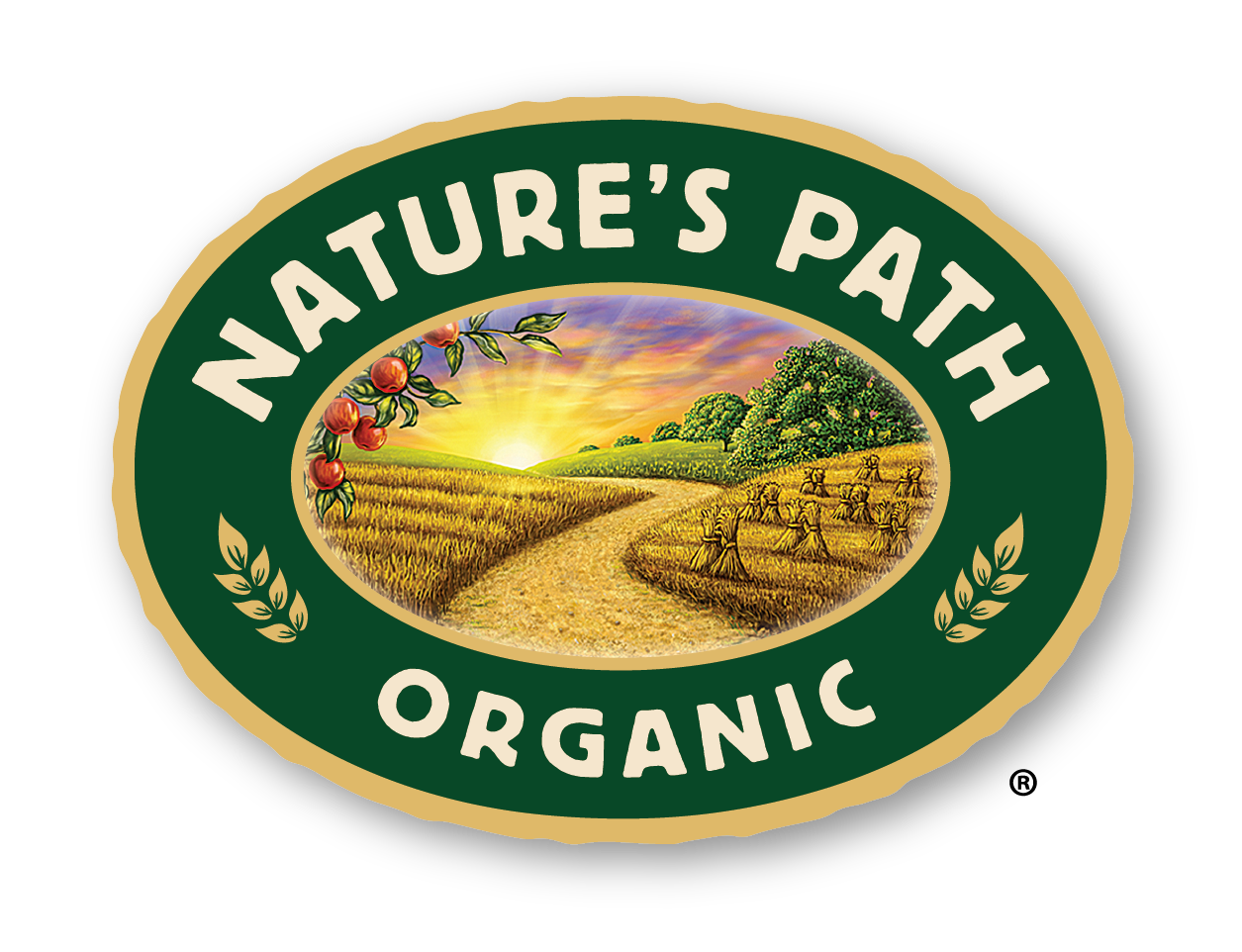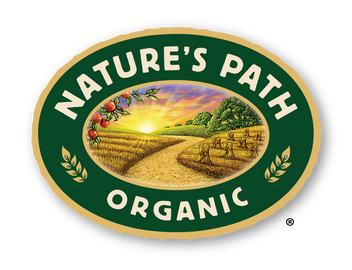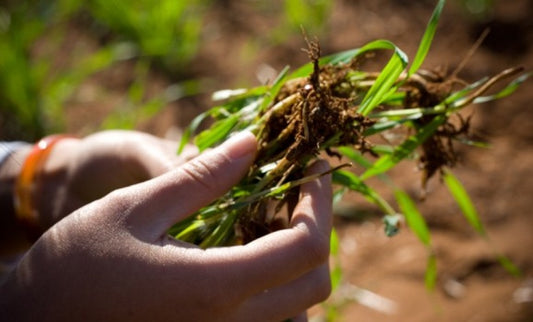The Genetically Engineered Eight
To date, only a handful of GMO food crops are legal to grow and/or sell in the US and Canada: alfalfa, cotton, soy, corn, sugar beets, canola, papaya, and zucchini/yellow summer squash. All but the last two are commodity crops, grown primarily for animal feed and processed food ingredients, such as refined oils from the cotton and canola, and sweeteners from the corn and sugar beets. These derivatives, along with foods from animals that have eaten GMO feed, such as eggs and dairy products, and honey from bees that have pollinated GMO crops are the primary way most consumers might encounter GMOs in their food. Of the eight approved GMO crops listed above, the first six contain genes that render the plant immune to applications of the chemical herbicide glyphosate. The latter two (papaya and zucchini/yellow squash) contain genetic insertions that protect the crop from viruses that would otherwise devastate yields. While there are currently only eight legal GMO food crops, it’s important to recognize that more are in the works, arguably the most significant of which is wheat. Stay tuned for updates on wheat and other new GMO crops.The Problem with Non-GMO Labeling
While choosing to label a product as GMO-free makes sense as a marketing tool, it can also muddy the waters when it comes to other issues of food safety. The most glaring of these is the use of chemical pesticides and herbicides. Being non-GMO does not mean that a food product is free of harmful residues. In fact, many inherently non-GMO products (such as oats, wheat, and dry beans) receive a dousing of glyphosate on par with GMO crops, used as a desiccant to dry down the crop just before harvest.Why Not Just Label GMOs?
Non-GMO labeling came about after several US state and federal attempts failed to pass regulations requiring food companies to label products containing GMO ingredients. Instead, companies that actively avoid GMOs sought third-party certification proving their commitment to being GMO-free. Then in 2016, the US Congress passed a new law requiring GMO labeling regulations to be in place by 2018. However, the language of the new law lacks detail, tasking the FDA with major decisions, such as defining what foods will be considered “bioengineered” and what specific labeling requirements will need to be met. The vagueness of the law and the political agenda of the current administration leave many GMO-labeling proponents skeptical about the future of the regulation.Go Organic
So, when you are shopping for things like bananas or oatmeal and you feel comforted by that non-GMO label, know this: on anything but the genetically engineered eight it’s about as meaningful as “gluten free” hand-sanitizer or bottled water. That’s not to say that non-GMO labeling doesn’t have its place, but the only label that tells you your food is free of both GMOs and toxic chemicals is organic, simple as that.Would you like to be the first to hear about our new products and more? Sign up for our Nature’s Path Newsletter.








